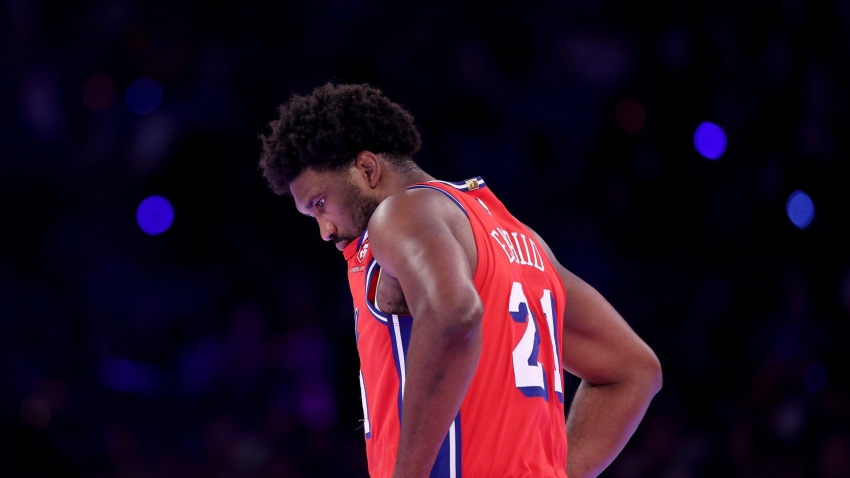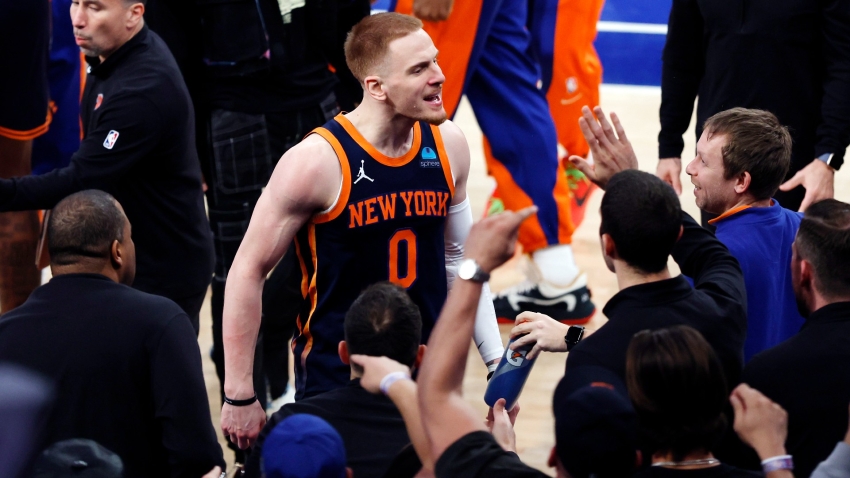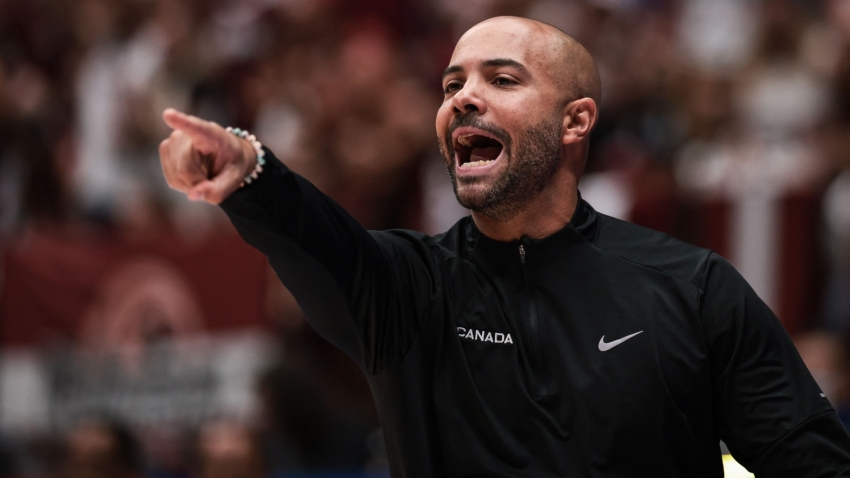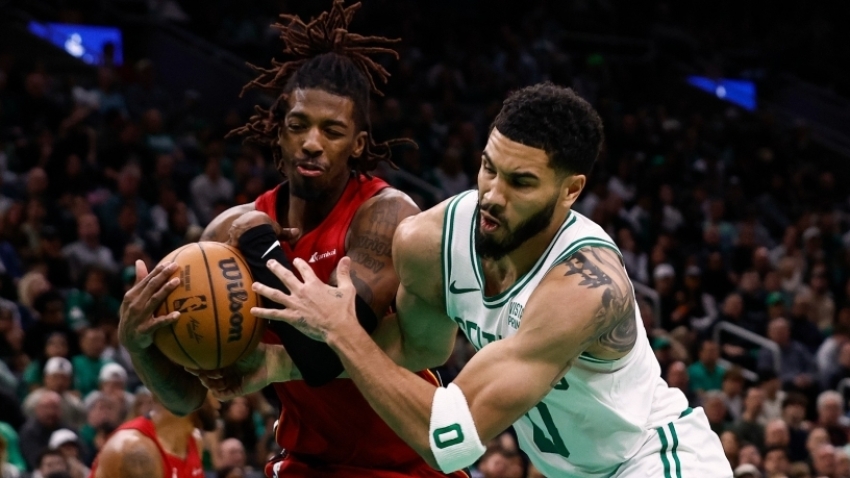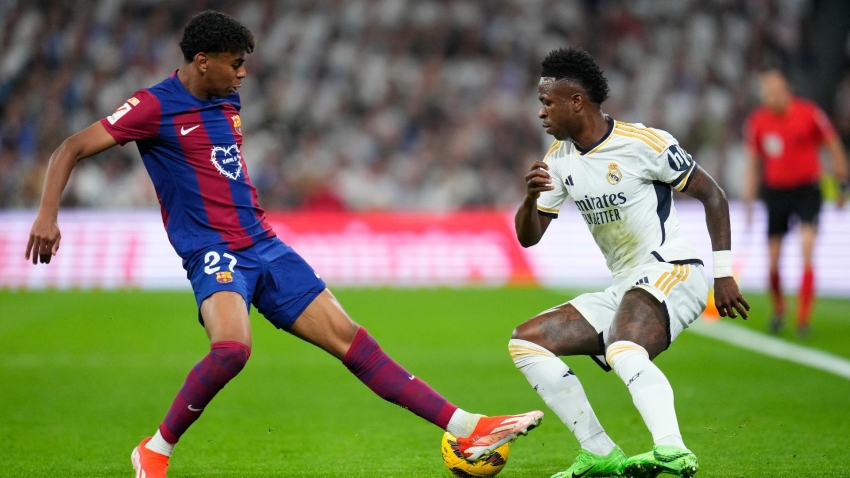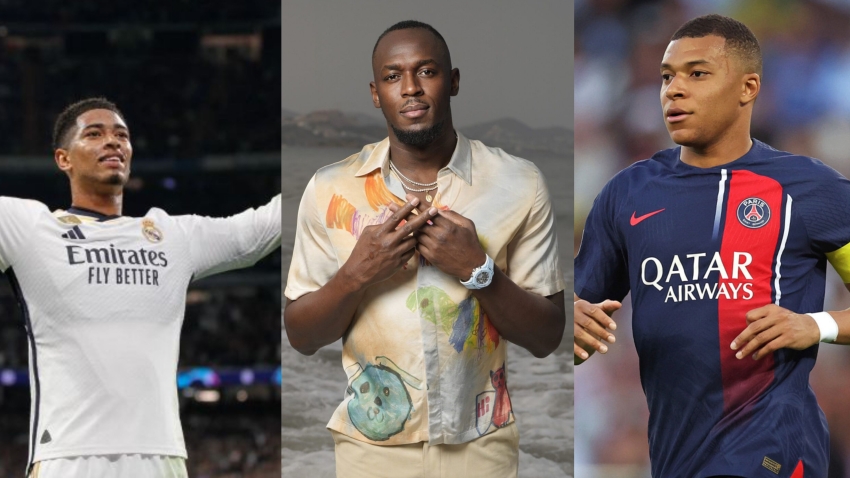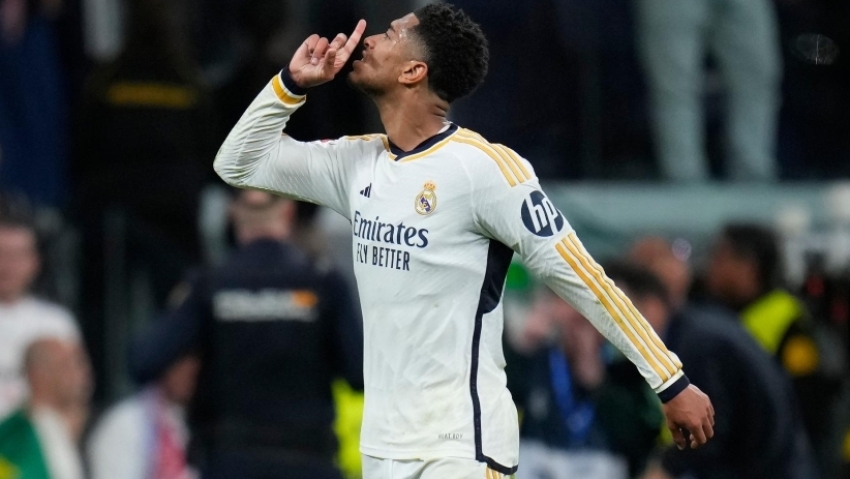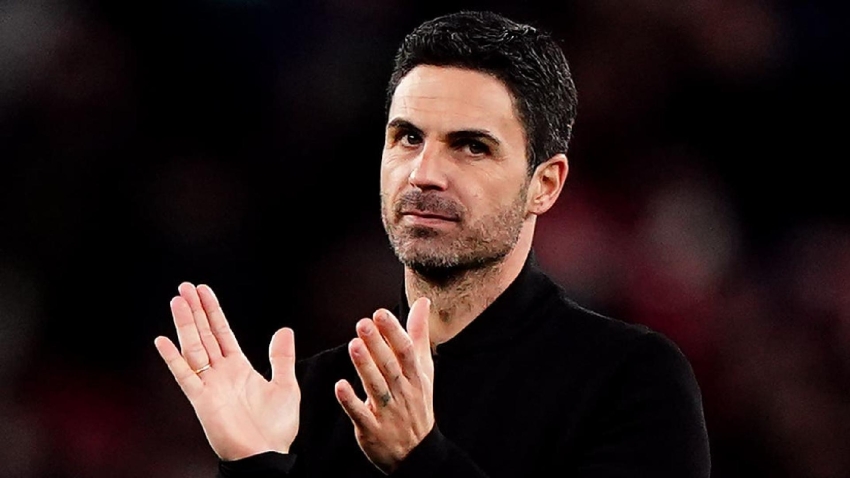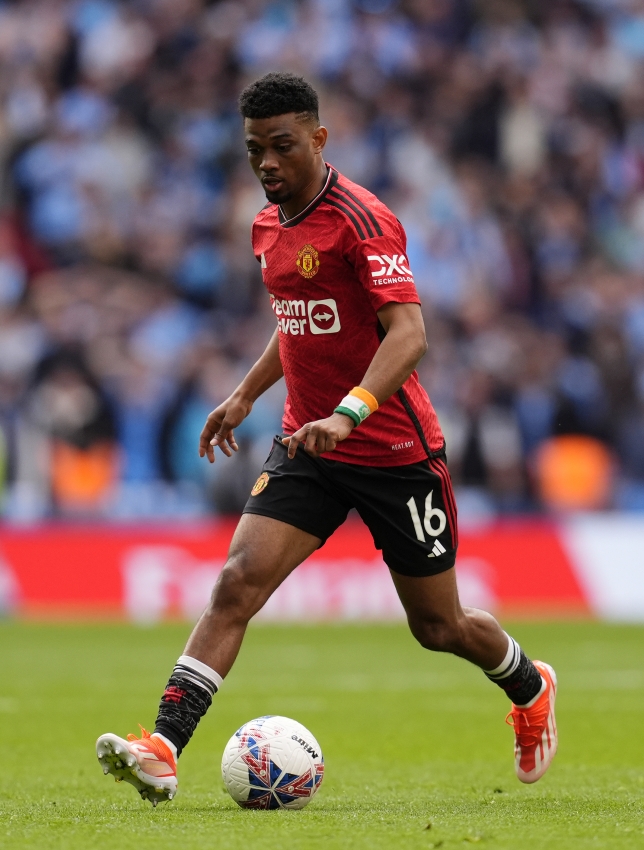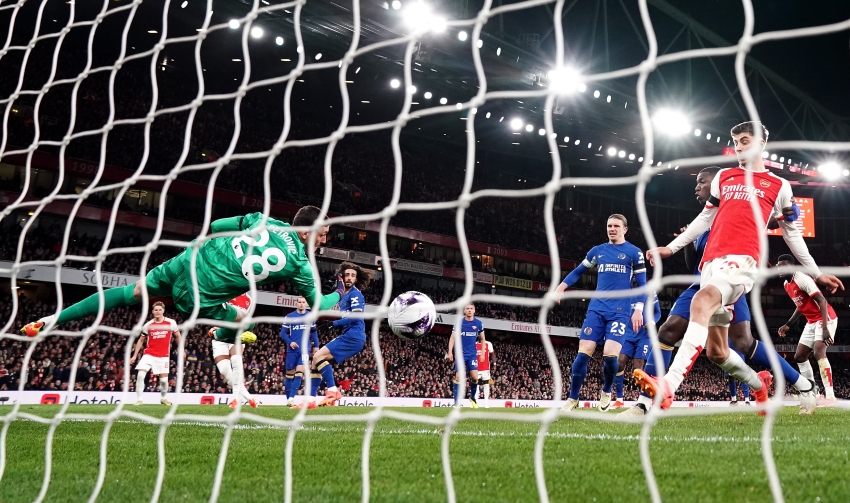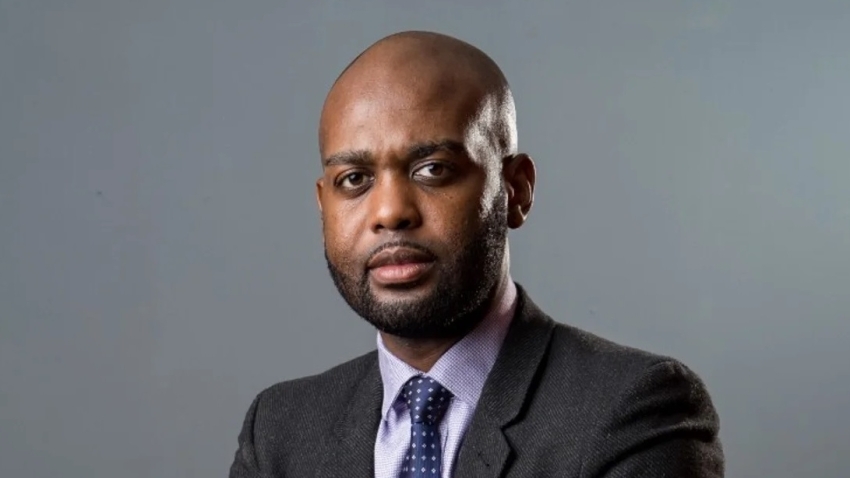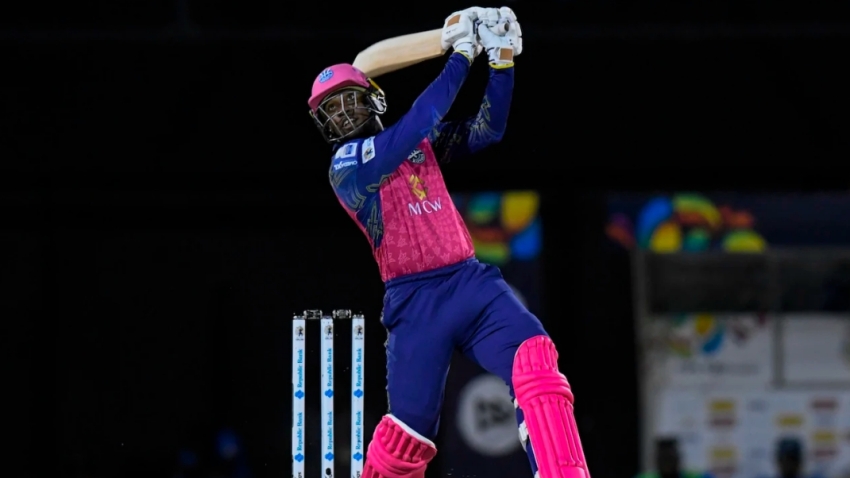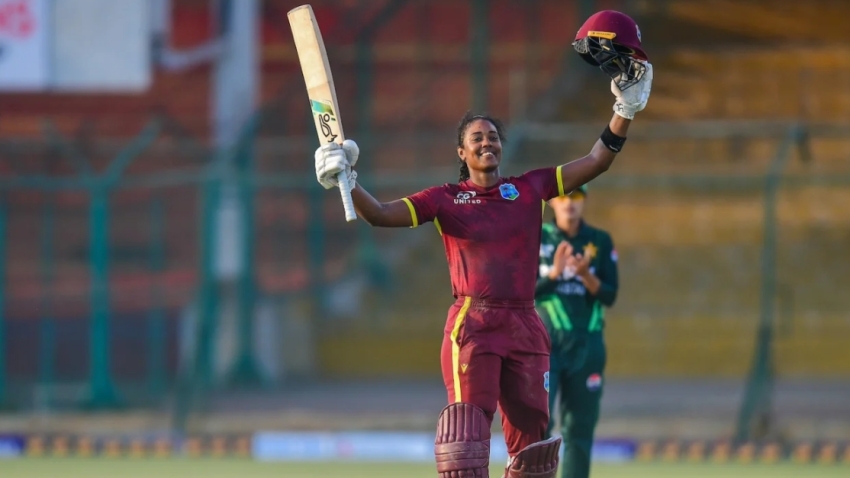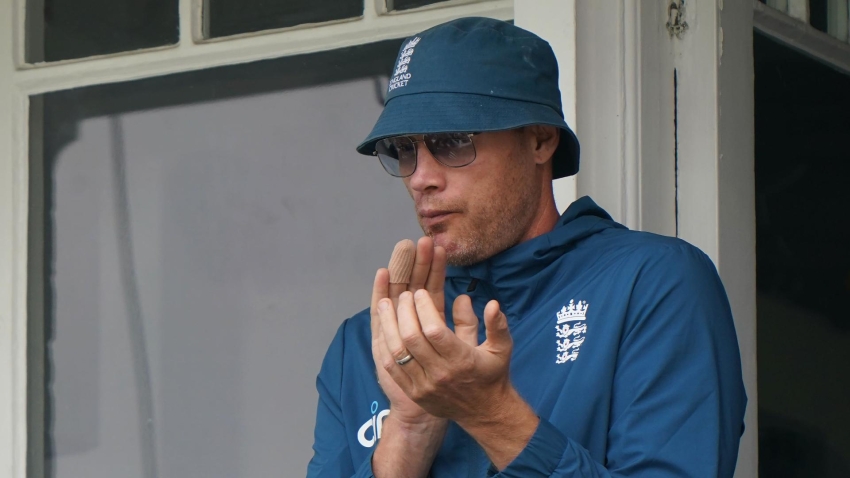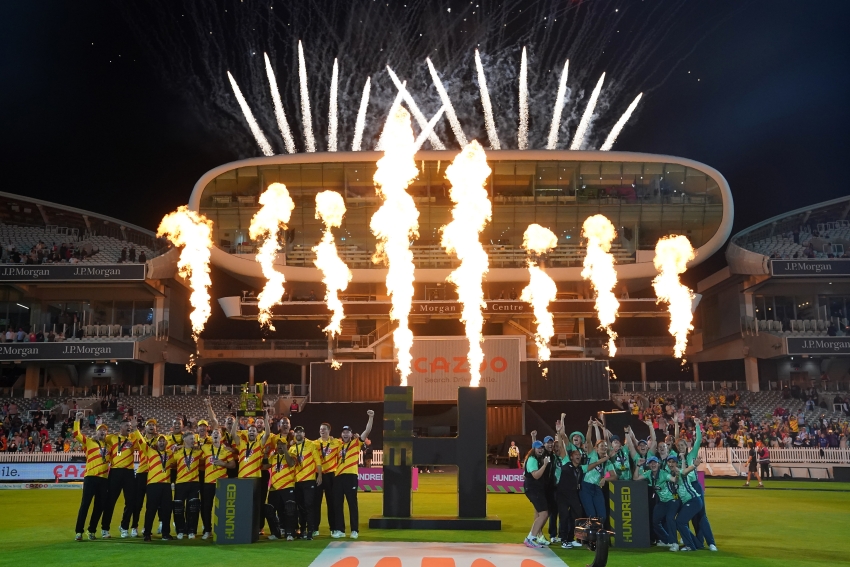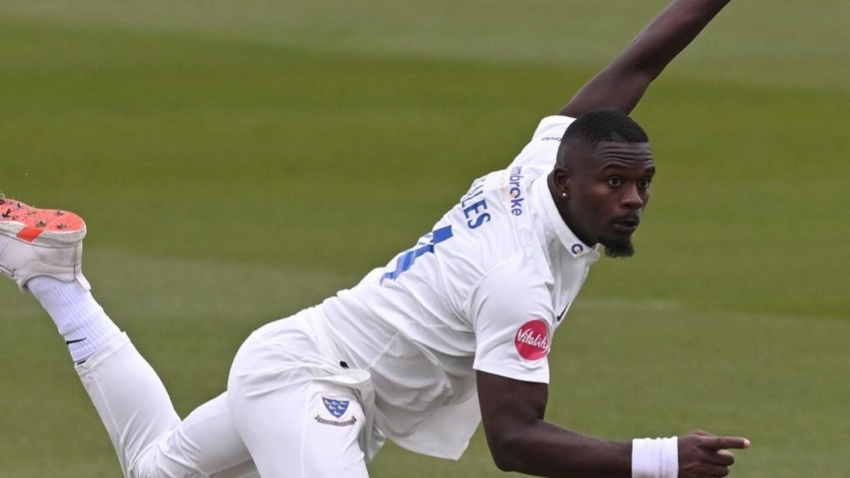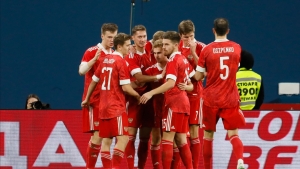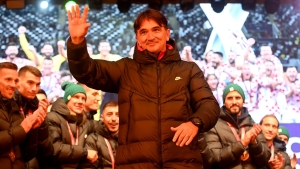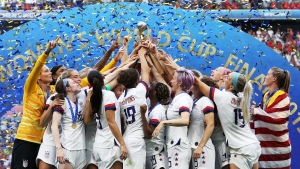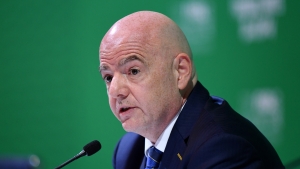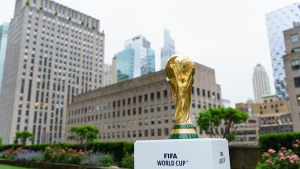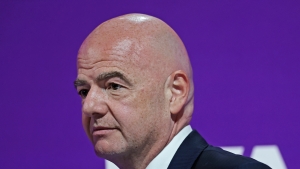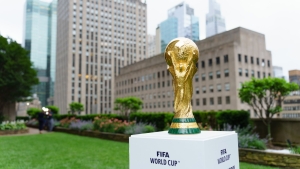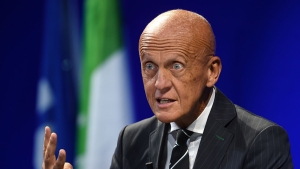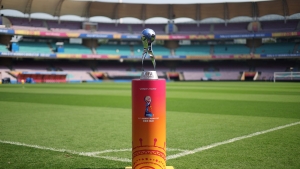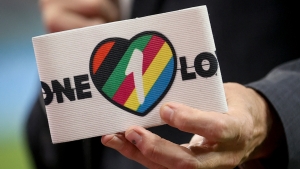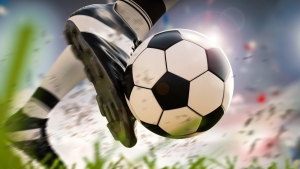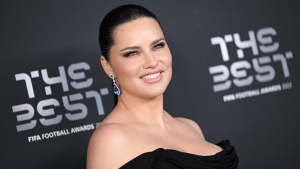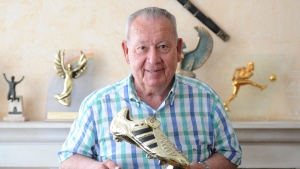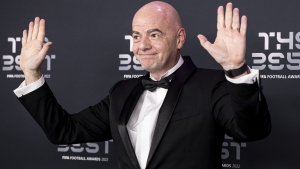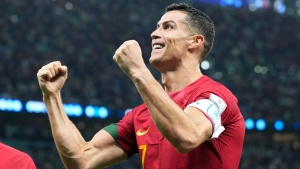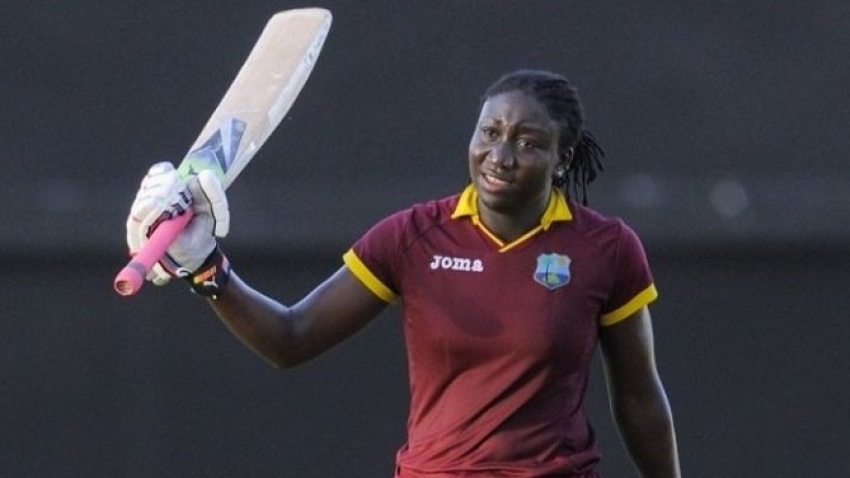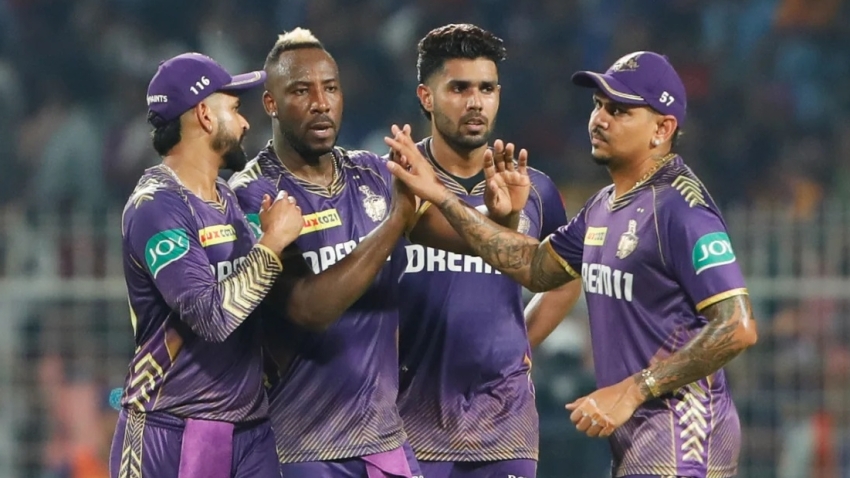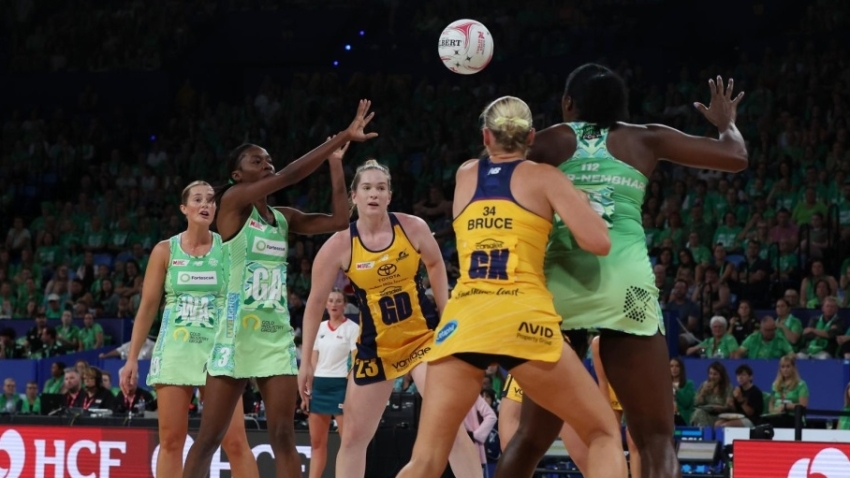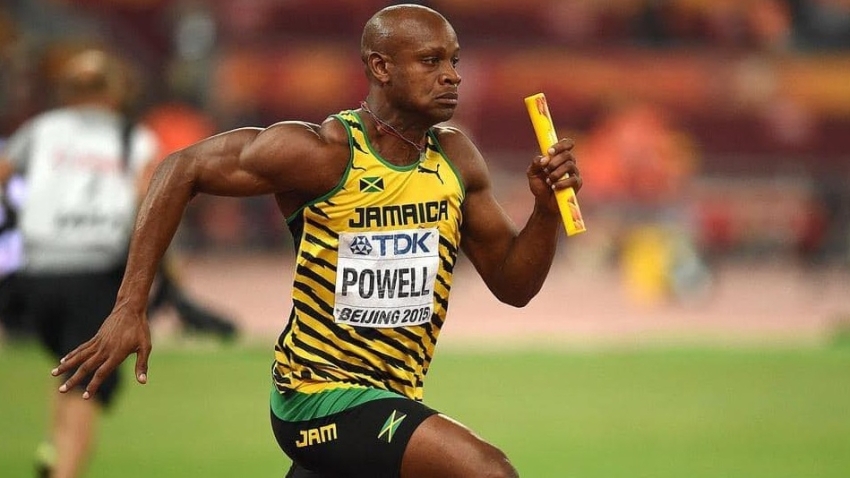Just Fontaine has been hailed as an "eternal goalscorer" whose mark on football "will forever be remembered" following his death at the age of 89.
The French Football Federation (FFF) confirmed on Wednesday that Fontaine had passed away overnight in Toulouse.
A minute's applause will be held in tribute to Fontaine at all French football grounds this week, starting with Wednesday's Coupe de France ties.
In a statement on their official website, the FFF described Fontaine as "the eternal goalscorer" and "a legend of world football".
FFF interim president Philippe Diallo added: "The death of Just Fontaine plunges French football into deep emotion and immense sadness.
"He wrote one of the most beautiful pages in the history of the French team."
Fontaine's greatest achievement came in 1958 when scoring 13 goals in just six matches for France at the World Cup as Les Blues went on to finish third.
That remains the highest number of goals scored in a single edition of the tournament, while his tally of 13 goals overall has been bettered by only three players in history.
FIFA president Gianni Infantino said: "Just was a footballing icon and his tremendous performance in 1958 cemented his legacy as one of the greatest World Cup players ever.
"Scoring 13 goals in a single World Cup is a record which, to this day, has never been equalled.
"The mark he left on world football will forever be remembered, and this record will probably never be beaten. My deepest condolences to Just's loved ones at this difficult time."
Fontaine scored 30 goals in 21 appearances for France between 1953 and 1960 in a career that was cut short by injury at the age of 28.
Current France head coach Didier Deschamps said: "The loss of Just Fontaine saddens me, as it will inevitably sadden all those who love football and our national team.
"'Justo' is and will remain a legend of the France team.
"As a player and then coach, I had the chance to meet him on several occasions.
"In particular at his home, in Toulouse, in September 2017. He was a man of great kindness, very respectful of generations that succeeded his with Les Bleus.
"His attachment to the France team was strong and sincere."
At club level, Fontaine won the Coupe de France and Ligue 1 with Nice before joining Reims.
He won three more league titles with Reims, the Coupe de France and was twice victorious in the Trophee des Champions, while also reaching the 1958-59 European Cup final.
"A star of French football, an outstanding striker, a legendary Reims player," his former club said in a statement.
Fontaine scored 164 goals in 200 Ligue 1 matches.
He reached the 100-goal mark in the competition by the age of 24 years and eight months, which only Herve Revelli (23y 5m) and Kylian Mbappe (22y 3m) have bettered.
Fontaine later moved into coaching and took charge of Paris Saint-Germain, Toulouse and the Morocco national side.
During his time with PSG, he guided the club to their only promotion to Ligue 1 – they have not been relegated since.
"A thought for Just Fontaine. An icon of French football who has left us," PSG tweeted.


